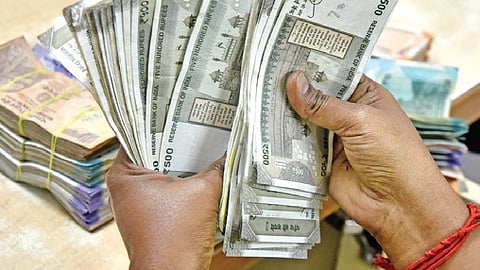Spare common citizen, tax subsidised industry
The new year does not promise to be very happy for Karnataka. Going by recent indications from the government, the ordinary citizen is likely to find a bigger hole in the pocket. After raising fuel and liquor prices, the Siddaramaiah government is looking at raising milk prices, water and electricity tariffs, bus fares and property tax. Having waited for the Lok Sabha elections to conclude on June 4 last year, the government delivered its first blow on June 15 by increasing sales tax on fuel, which pushed up the price of petrol and diesel by Rs 3. In two years, the state has raised alcohol prices twice, and is also proposing a heavy tax on beer; its liquor prices are already the highest in south India. Critics say the Congress government, which rode to power on its five guarantees, is imposing taxes to fuel its promises—Anna Bhagya (free foodgrains), Gruha Jyoti (free power up to 200 units), Gruhalakshmi (Rs 2,000 for women), Shakti (free bus rides for women) and Yuva Nidhi (for unemployed youths)—which cost the government over Rs 63,000 crore a year.
In early 2024, the government raised property registration costs with a massive 200-500 percent hike in stamp duty. With Bengaluru’s real estate rapidly expanding, the government is looking to raise property tax to shore up its coffers. Though a power tariff hike is in the offing, it’s also true that a rate cut last year had benefitted consumers. Deputy Chief Minister D K Shivakumar has declared that water in Bengaluru will be 20-30 percent costlier—an increase after 12 years that is unavoidable if the government wants to avail a Rs 3,500-crore World Bank loan for flood management and urban infrastructure. The Rs 5 hike in milk prices will hit the common citizen hard. If bus fares are raised, it would mean that men end up paying for women passengers.
Taxing Prabhat to subsidise Parul may yield political dividends, but it could alienate the urban voter. Instead, the government should tap IT companies in the special economic zones that have benefited for long from tax holidays, duty-free imports, cheap land and other sops. Siddaramaiah, who is known for his financial expertise, should streamline the welfare schemes and balance politics and economics if his governance model is to succeed.

